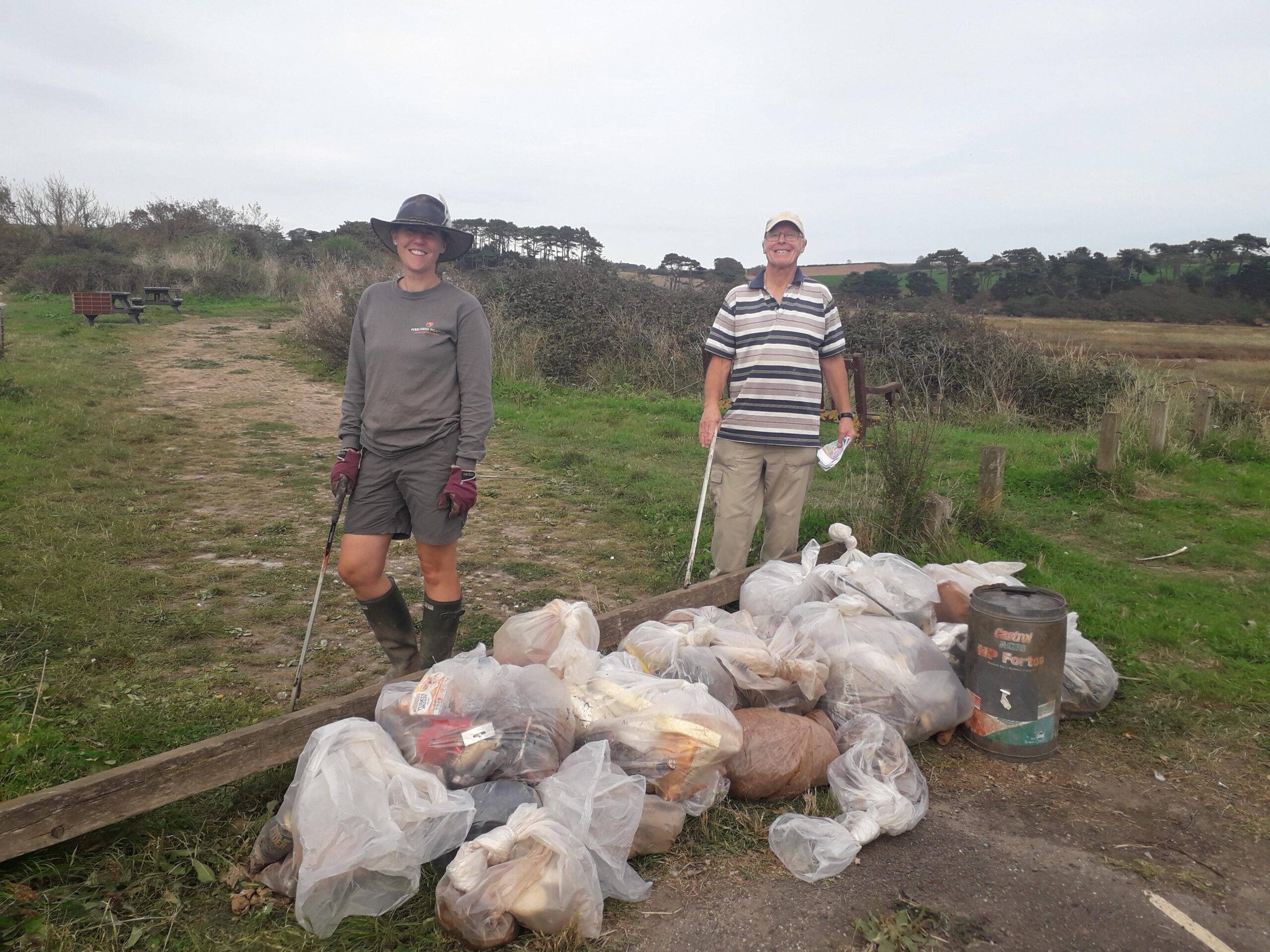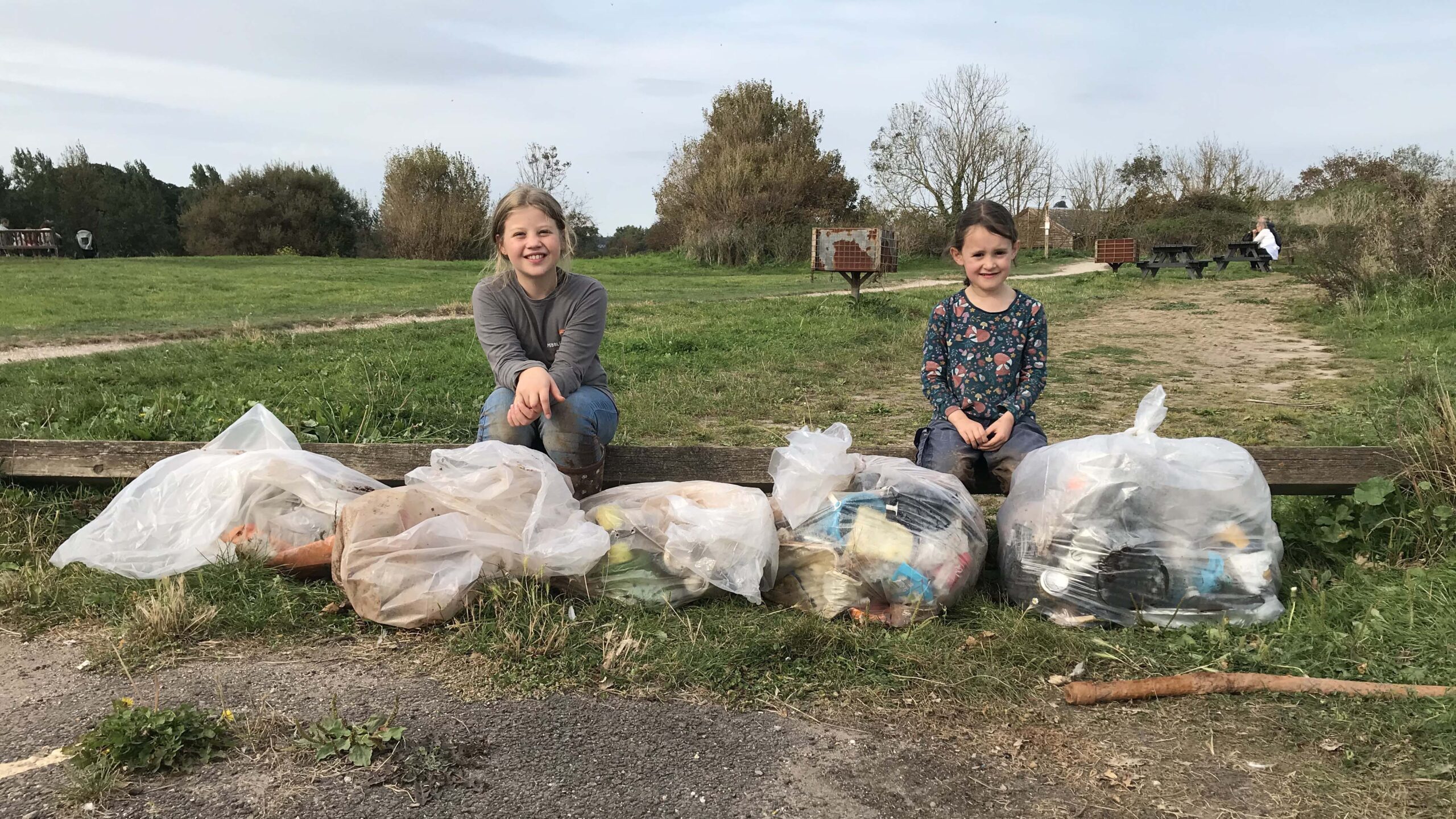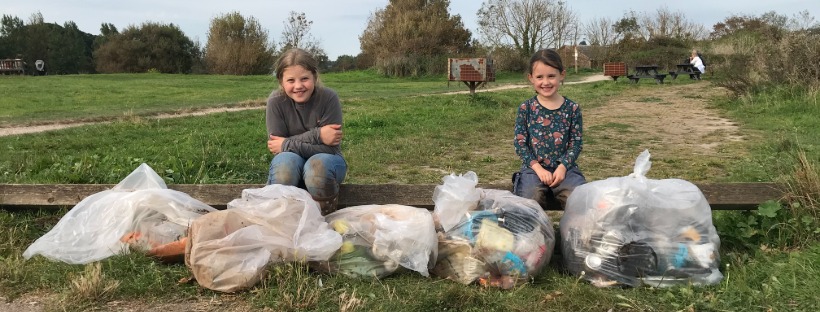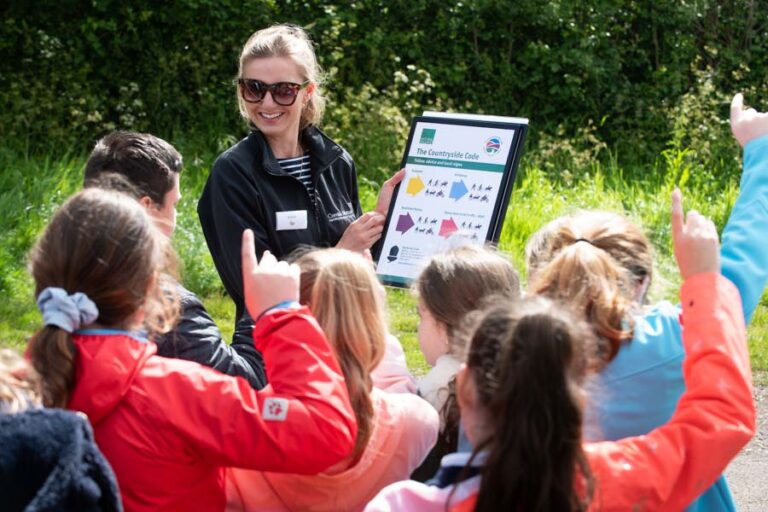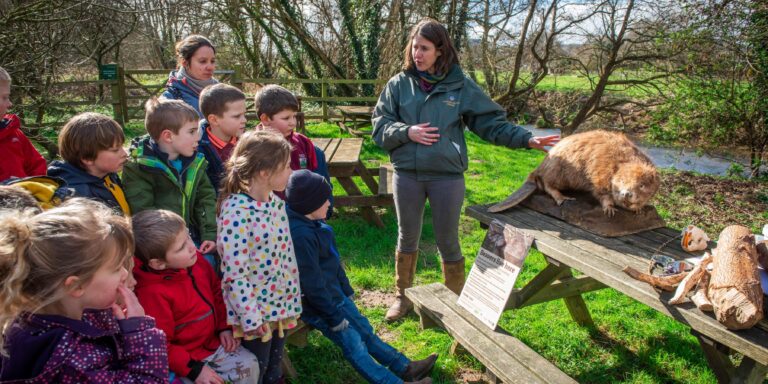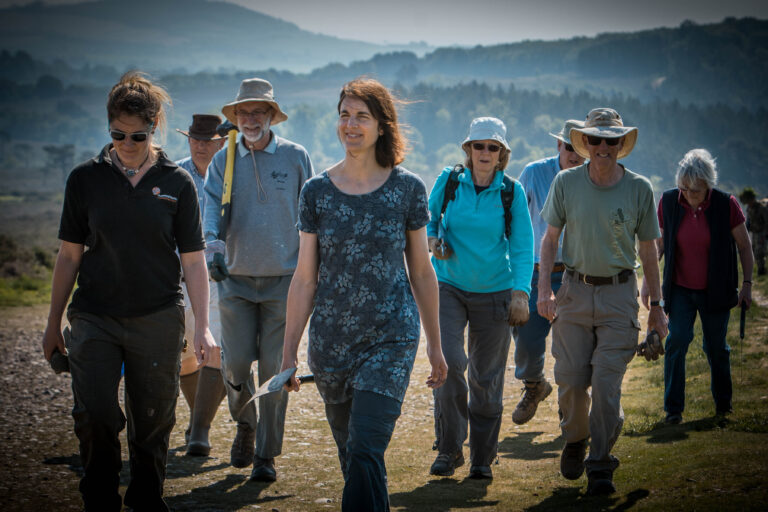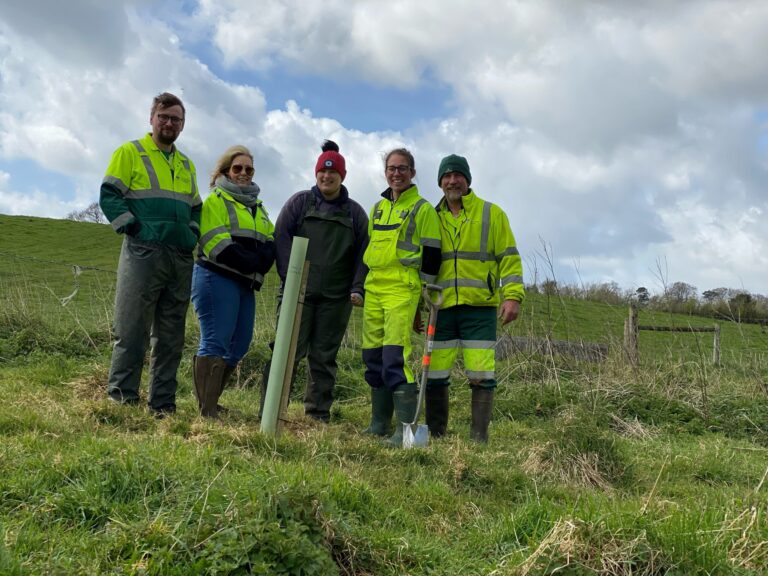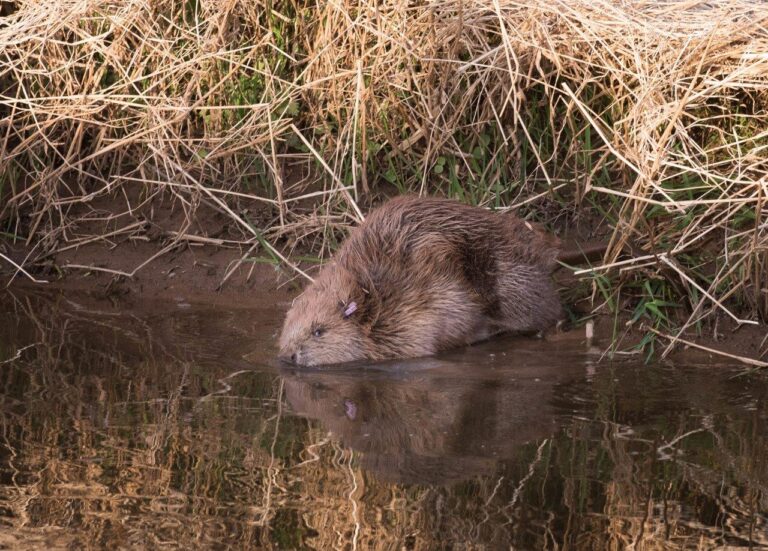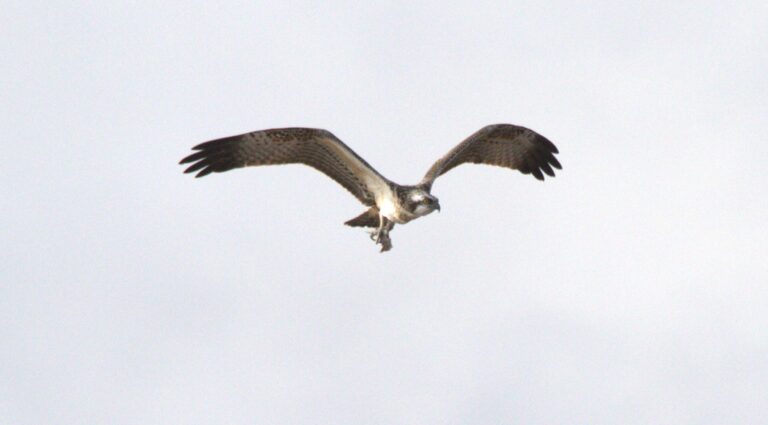‘Take your rubbish home’ plea after rise in litter along the Otter Estuary
The discovery of discarded tins, plastic, glass and even a container of engine oil on the Otter Estuary in East Devon, has prompted calls for visitors to take their rubbish home with them and help protect the environment.
In a joint litter-pick up organised by the Pebblebed Heaths Conservation Trust and the Otter Valley Association on Saturday, volunteers collected 21 bags of rubbish. Covid-19 secure groups gathered in separate zones for the event, carrying out a full sweep of the area, which is an important site for wading birds.
The plea for people to be more vigilant follows the rescue of two injured swans, a male and a cygnet, which were found entangled in fishing line in two separate incidents in recent weeks.
Staff from the Pebblebed Heaths Conservation Trust carried out the rescues with support from Tony Bennett of Wild Woodbury. Both swans were treated for their injuries and later released back onto the River Otter, but it has reinforced how dangerous litter can be to wildlife.
Kate Ponting, Countryside Learning Officer, said: “Swans are an easily recognisable species on the river and both pairs had young this year. Along with other birds, mammals and fish on the river they give a lot of pleasure to visitors walking here. We are grateful to the members of the public who alerted us to the swans’ injuries and the excellent care they received at Exeter Veterinary Surgery, but these kinds of incidents are avoidable.
“We get enjoyment from being in the natural world in different ways, but whether we are walking, fishing, paddling a canoe or exercising a dog, we owe it to wildlife, other people and these beautiful places to ensure our actions have no negative impact.
“Picking up litter dropped on the riverbank is depressing and it spoils the enjoyment for other people, but finding waste including fishing tackle out on the estuary where birds feed and breed is more serious. If it doesn’t cause an issue for species here, then it is likely to wash out to sea contributing to the waste polluting our oceans and threatening marine wildlife there.”
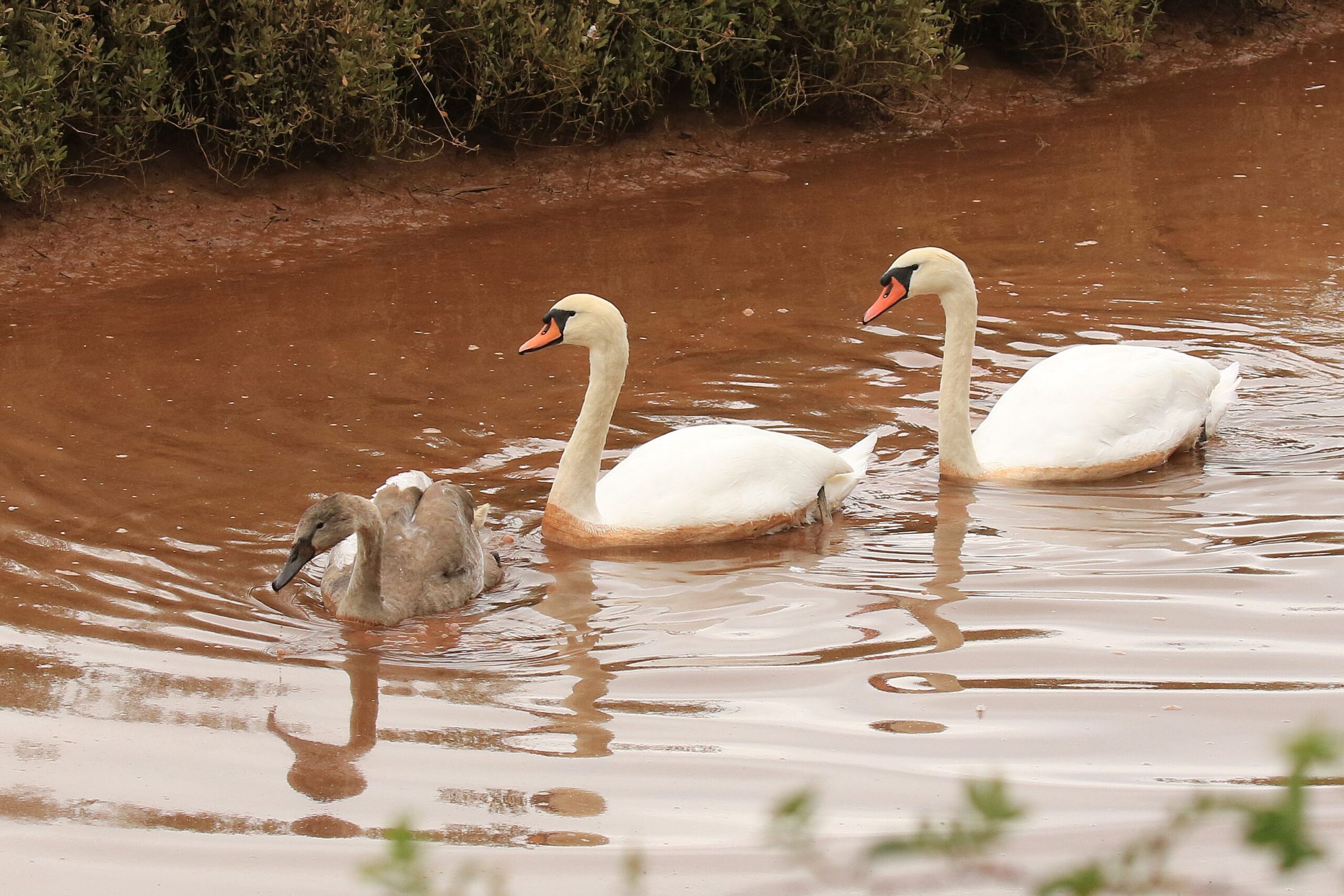
The litter-pick up had been due to take place in April but had to be postponed due to the pandemic. Geoff Porter, of the Otter Valley Association, said: “We’d like to thank everyone who volunteered at the event, which involved lots of careful planning with regards to group sizes and volunteer numbers, to ensure everyone was able to work safely and maintain social distancing.
“A lot of drink cans and bottles were found but what was also concerning was the high levels of rubbish we collected in car parking areas, which would inevitably find its way to the estuary in a flood.”
Kate added: “As we head into the colder months, when many overwintering bird species will come to feed on the mudflats and marshes, it is good knowing we’ve made a difference and that we have removed this plastic, metal and glass from the estuary and that none of it will end up at sea”.
